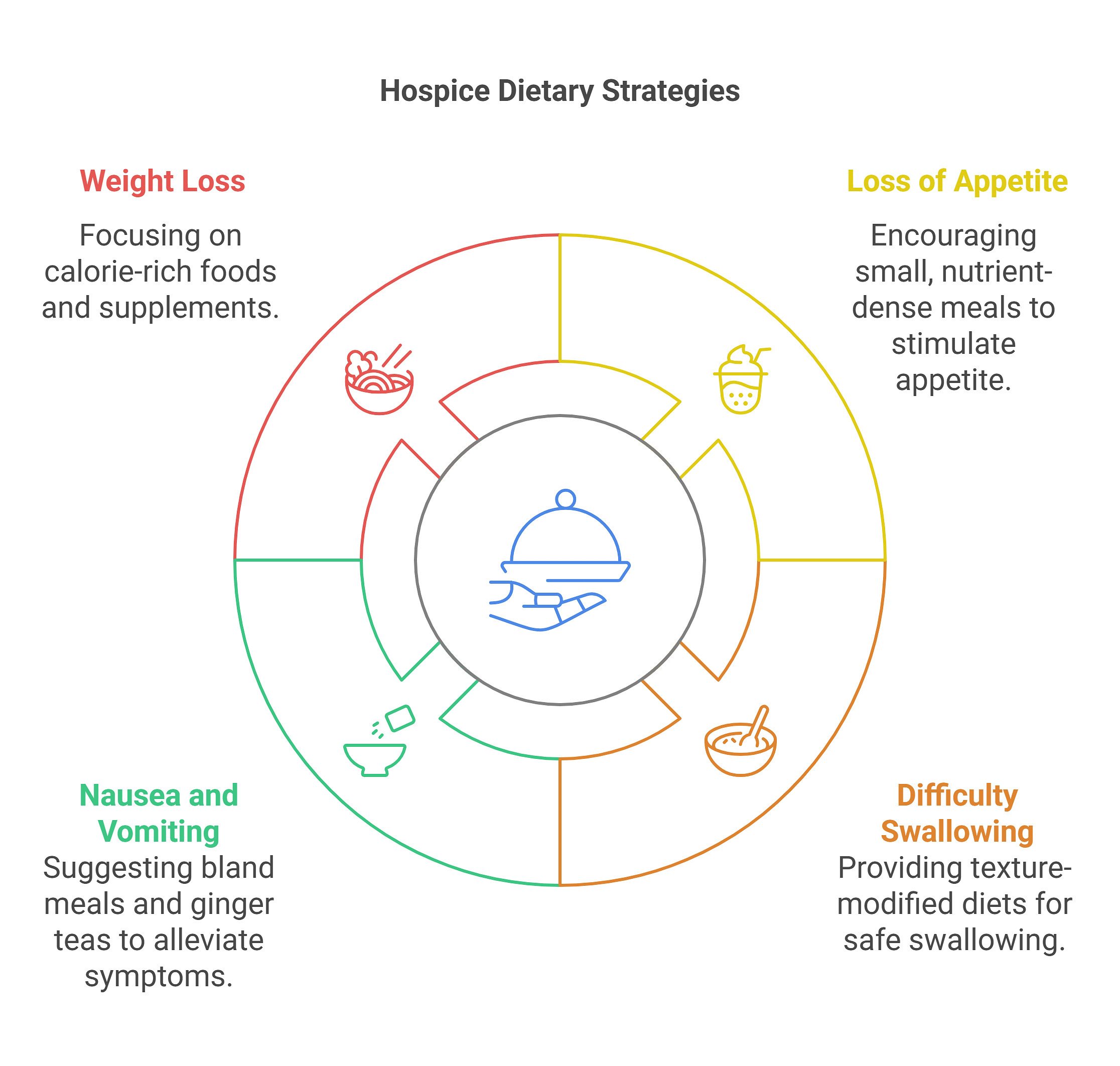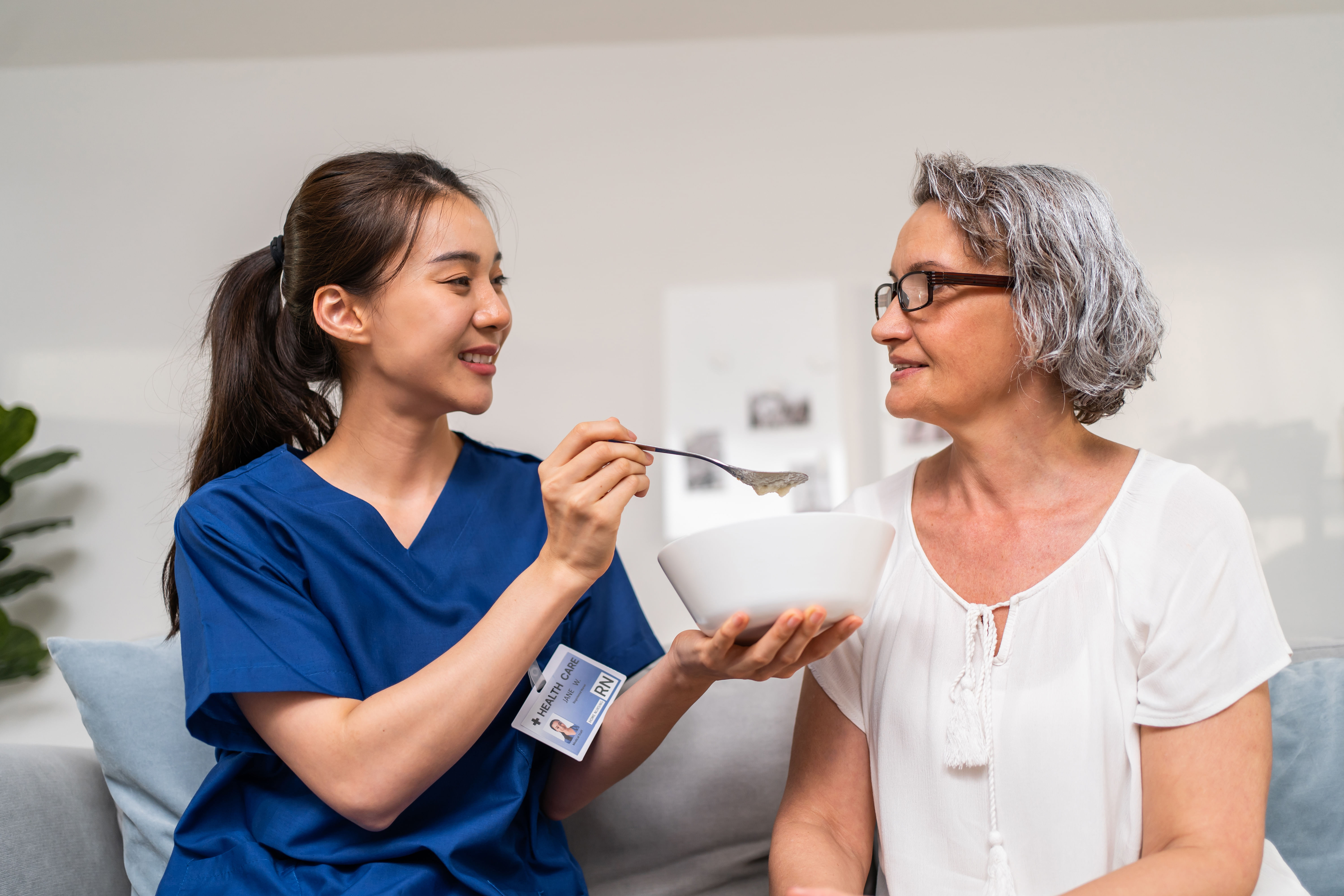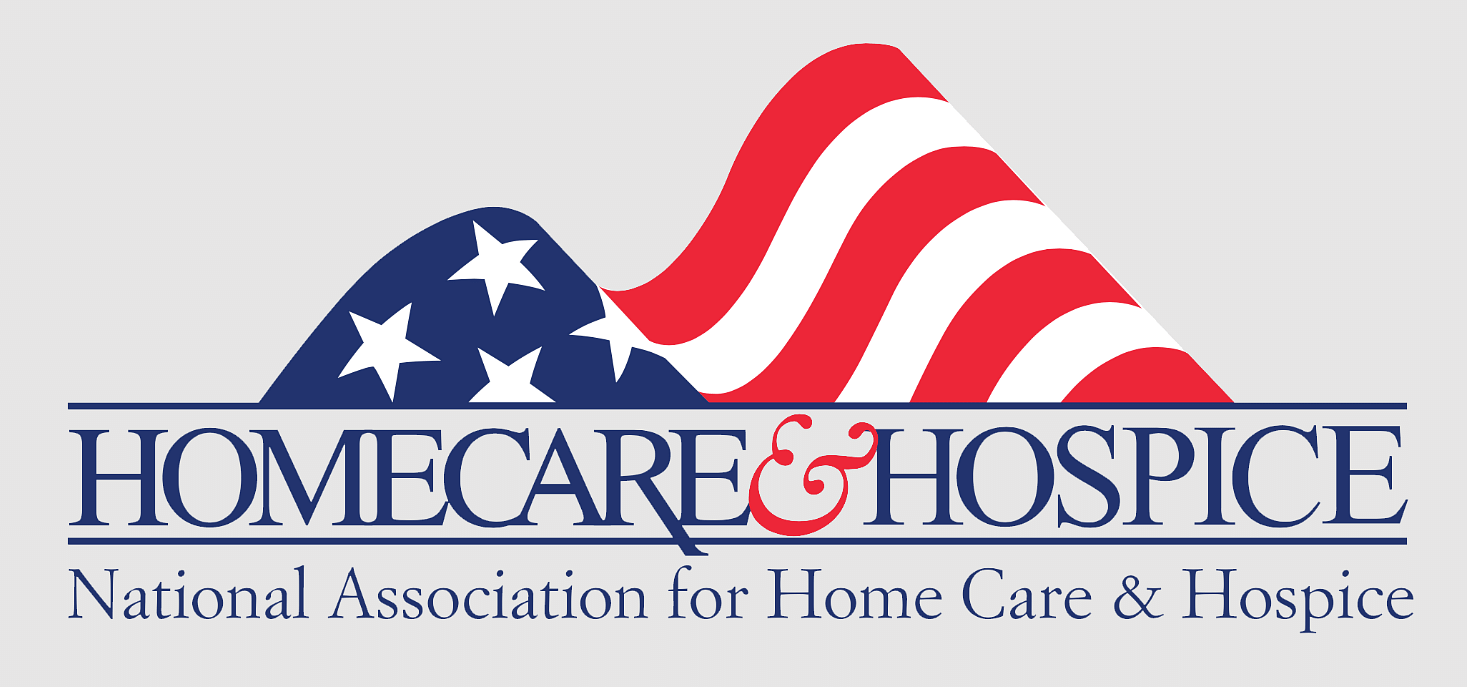In most cases, hospice dietitian services are included in Medicare and many private insurance hospice benefits, but it’s best to confirm with your provider.
CLICK HERE FOR 2025 GRIEF SUPPORT GATHERINGS
Fill out the form to join and get the Grief Support zoom link.
In-person grief support meeting schedule
(available in Louisiana only).
24 hour on-call services (translation available)
Hospice Dietitian Services
At Anvoi, our comprehensive hospice care extends beyond medical treatment, offering personalized support to address the physical, emotional, and nutritional needs of our patients. Hospice dietitians play a critical role in ensuring comfort and quality of life during this stage of care by developing tailored nutrition plans for patients and providing guidance to caregivers.


What Is a Hospice Dietitian?
A hospice dietitian is a specialized nutrition expert trained to work with terminally ill patients. Unlike traditional dietitians, their primary goal is not long-term health improvement but comfort, symptom management, and enhancing the patient’s quality of life. Hospice dietitians work closely with the care team to adapt meal plans that meet the unique needs of each patient, taking into account their medical conditions, medication interactions, and personal preferences.
The Role of a Hospice Dietitian in Care Plans
Hospice dietitians contribute significantly to a patient’s care plan by addressing:
- Symptom Management: Adjusting nutrition to help alleviate symptoms such as nausea, lack of appetite, and difficulty swallowing.
- Comfort and Enjoyment: Encouraging meals that the patient finds comforting and enjoyable, even if they don't align with traditional dietary guidelines.
- Hydration Guidance: Offering strategies to ensure proper hydration while minimizing discomfort.
- Collaboration with Caregivers: Educating family members and caregivers on how to prepare meals that are both nutritious and appealing to the patient.


Tailored Nutrition Plans
At Anvoi Health, we recognize that each patient’s nutritional needs are as unique as their care journey. Our hospice dietitians create customized plans based on factors such as:
- Medical History: Including conditions like diabetes, kidney disease, or cancer.
- Current Symptoms: Focusing on minimizing discomfort from symptoms like constipation, diarrhea, or dry mouth.
- Cultural Preferences: Respecting the patient’s cultural background and dietary habits.
- Personal Choices: Prioritizing foods that bring comfort and joy to the patient.

Common Challenges Addressed by Hospice Dietitians
Loss of Appetite
Loss of appetite is a common challenge in hospice care. Our dietitians recommend nutrient-dense, small-portion meals that are easier to consume and digest. Examples include smoothies, soups, or fortified snacks.
Difficulty Swallowing
For patients with dysphagia, hospice dietitians suggest texture-modified diets, including pureed foods and thickened liquids, to ensure safe swallowing while maintaining nutrition.
Nausea and Vomiting
Dietary adjustments, such as offering bland, low-fat meals and ginger-based teas, can help reduce nausea and improve comfort.
Weight Loss
When weight loss becomes unavoidable, the focus shifts to calorie-rich foods and supplements that provide energy without overwhelming the patient.
Supporting Caregivers
Hospice care is a collaborative effort, and our dietitians play an essential role in supporting caregivers. This includes:
- Meal Preparation Tips: Teaching caregivers how to prepare simple, nutritious meals.
- Emotional Support: Helping caregivers navigate the emotional challenges of feeding a loved one who may no longer enjoy eating.
- Food Safety Guidelines: Ensuring proper food handling and storage to prevent illness.


How Our Hospice Dietitians Work with the Care Team
Anvoi’s interdisciplinary care team includes physicians, nurses, chaplains, social workers, and dietitians. This team works in unison to deliver holistic care. Our dietitians regularly consult with other team members to align nutritional strategies with medical treatments and the patient’s overall care plan.
Benefits of Hospice Dietitian Services
- Enhanced Comfort: Customized nutrition plans reduce discomfort caused by symptoms like bloating or indigestion.
- Improved Quality of Life: Enjoyable meals contribute to emotional well-being and satisfaction.
- Holistic Care: Integrating nutrition into the broader hospice care plan ensures a patient-centered approach.


Why Choose Anvoi for Hospice Dietitian Services?
At Anvoi Health, we are committed to providing compassionate, patient-centered care. Our hospice dietitians prioritize the comfort, dignity, and unique preferences of each patient while supporting families and caregivers during this challenging time.
For more information about our hospice dietitian services or to learn how we can support your loved one’s nutritional needs, contact Anvoi Health today.
Frequently Asked Questions
Hospice dietitians typically hold a degree in nutrition or dietetics and must be licensed or registered, with specialized training in palliative and end-of-life care.
Yes, hospice dietitians can provide guidance on whether tube feeding aligns with comfort-focused care goals and help families make informed choices.
Visit frequency depends on the patient’s needs and care plan, but dietitians usually check in regularly to adjust meal plans and monitor comfort.
The Hospice Care Team at Anvoi Health
Hospice care is a team effort, and each member of Anvoi Health's care team works together to provide holistic support. Our hospice care team includes:
Hospice doctors oversee the patient’s medical care, focusing on managing symptoms and ensuring comfort. They work closely with hospice nurses to adjust care plans based on the patient’s evolving needs.
Hospice nurses provide compassionate medical care and emotional support, working with doctors to manage symptoms and ensure patient comfort. They also guide families through the care process and coordinate with the hospice team to meet the patient's needs.
Hospice social workers provide practical and emotional support for patients and their families. They assist with counseling, end-of-life planning, and connecting families with community resources, ensuring that everyone feels supported during the care journey.
Spiritual care is an essential component of hospice care. Hospice chaplains offer non-denominational spiritual guidance and support to patients and their families, respecting individual beliefs and traditions.
Volunteers provide companionship and emotional support to hospice patients, engaging in activities like reading, conversation, or simply being present. Their role is to enhance the patient’s quality of life by providing comfort in non-clinical ways.
Team Members
Who Will Be on Your Hospice Team?
Your hospice team may include any of the following:
Looking for a career in hospice nursing?

Contact Us
Get In Touch With Us
Please do not include any personal health information in this form!



















